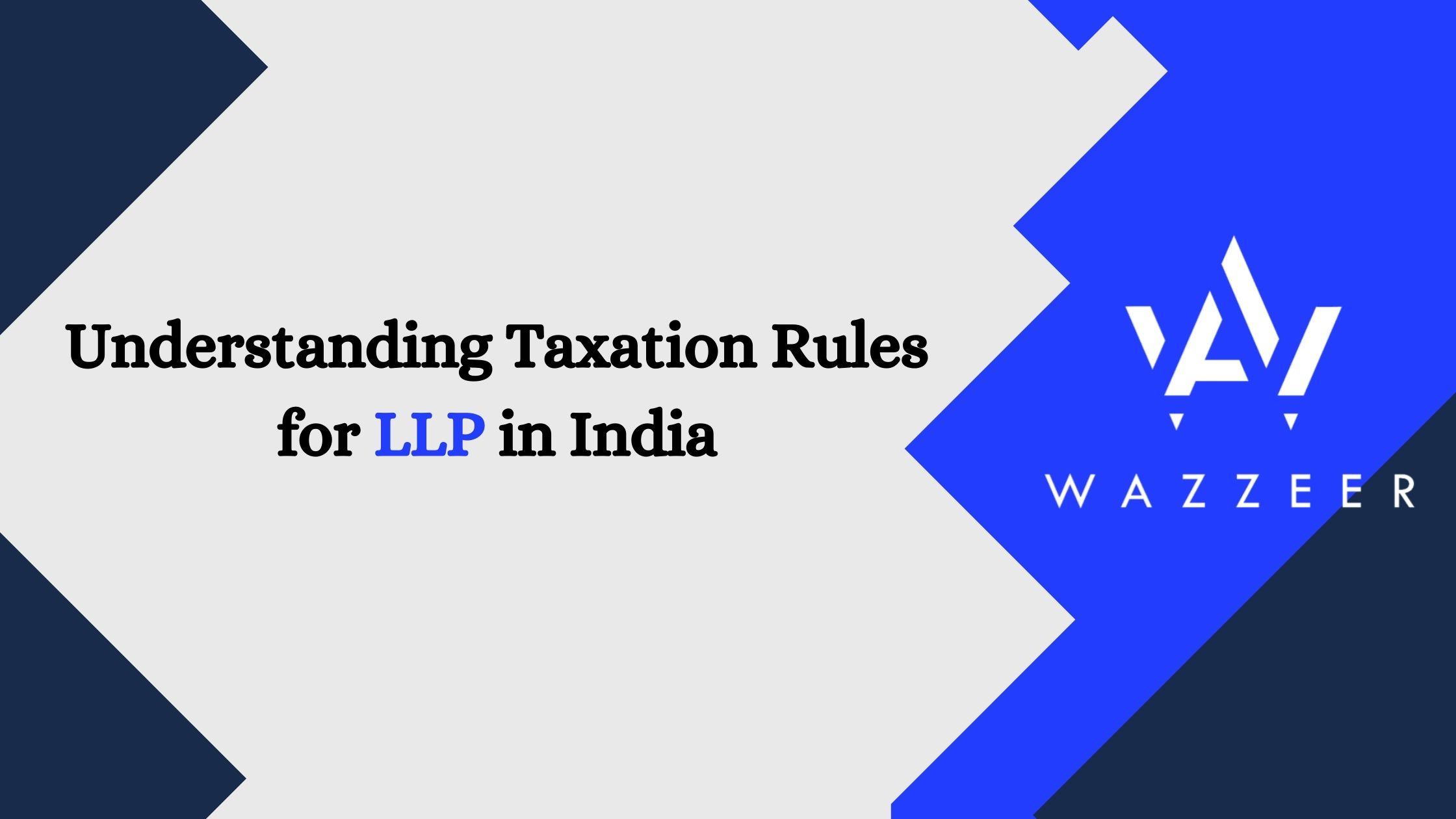08
Feb
Introduction Limited Liability Partnerships (LLPs) have become a popular choice for entrepreneurs and professionals in India. The reason being their flexible structure and limited liability protection. However, there's yet not clear understanding of the taxation rules for LLPs . In this guide, we will delve into the Understanding Taxation Rules for LLP in India. Providing valuable insights for business owners and professionals. Taxation Rules for LLP in India: Overview LLPs in India are governed by the Limited Liability Partnership Act, 2008. LLP are treated as separate legal entities for tax purposes. The taxation of LLPs is different from that of…









